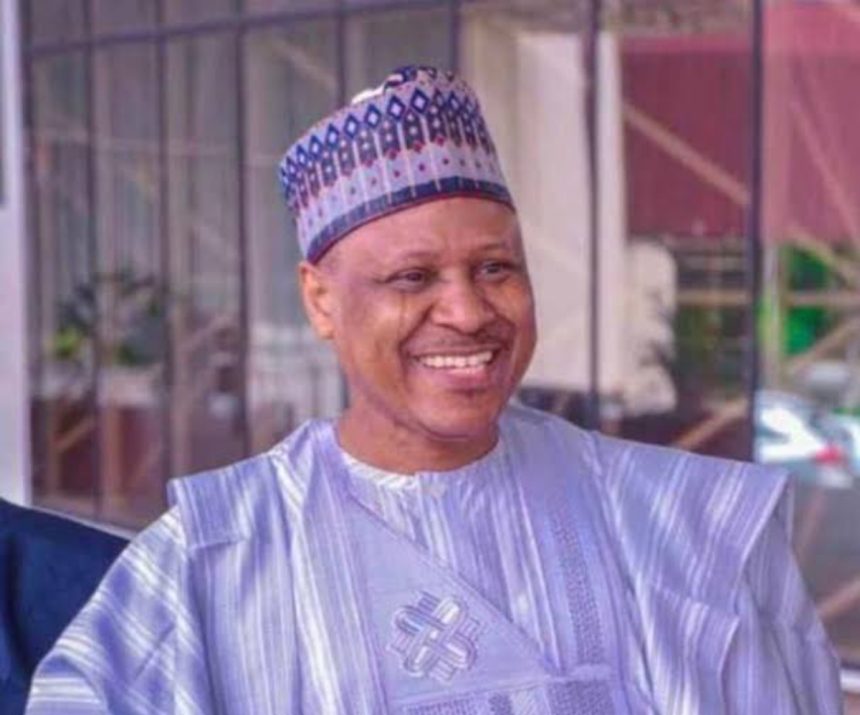The N494,000 minimum wage demanded by labour unions would burden the federal government with a new annual wage bill of N9.5 trillion, Information and National Orientation Minister Mohammed Idris said yesterday.
He explained that the government found this amount unsustainable.
Idris appealed to Organised Labour to cancel its planned strike set to begin at midnight. He emphasized the need for continued dialogue rather than industrial action.
The Tripartite Committee, established by the federal government to negotiate a new minimum wage, criticized Organised Labour’s approach, particularly the decision to strike amid ongoing negotiations.
The committee warned that such actions could lead to further job losses at a time when businesses are already struggling.
Minister of State for Labour and Employment Nkeiruka Onyejeocha echoed this sentiment, stating that striking during negotiations would worsen the country’s economic situation and increase the suffering of many Nigerians.
The Manufacturers Association of Nigeria (MAN) also opposed the strike, arguing that it would not help the economy and urging continued efforts to rebuild it.
Despite these appeals, the Nigeria Labour Congress (NLC) and the Trade Union Congress (TUC) are intensifying their preparations for the strike, which is set to start at midnight on Sunday. Both unions have instructed their affiliates and state chapters to ensure full compliance and discipline any members who do not participate.
Representatives of Organised Labour walked out of negotiations on Friday after rejecting the government’s offer of N60,000, the same amount proposed earlier in the week.
Idris, addressing an emergency briefing in Abuja, stated, “Indefinite strike action is not the solution to the demand for a new minimum wage,” and urged labour to return to the negotiation table for the sake of the nation.
He added, “The FG calls on all parties to embrace reasonable and realistic dialogue that will result in the proper resolution of the impasse. I am therefore appealing to Labour to return to the negotiation table in the interest of Nigeria.”
Idris highlighted that the proposed N494,000 minimum wage would cost the government around N9.5 trillion for approximately 1.2 million workers. He urged labour to consider the interests of the other 200 million Nigerians.
The minister also provided insight into the government’s decision to propose a 100 percent increase in the minimum wage.





